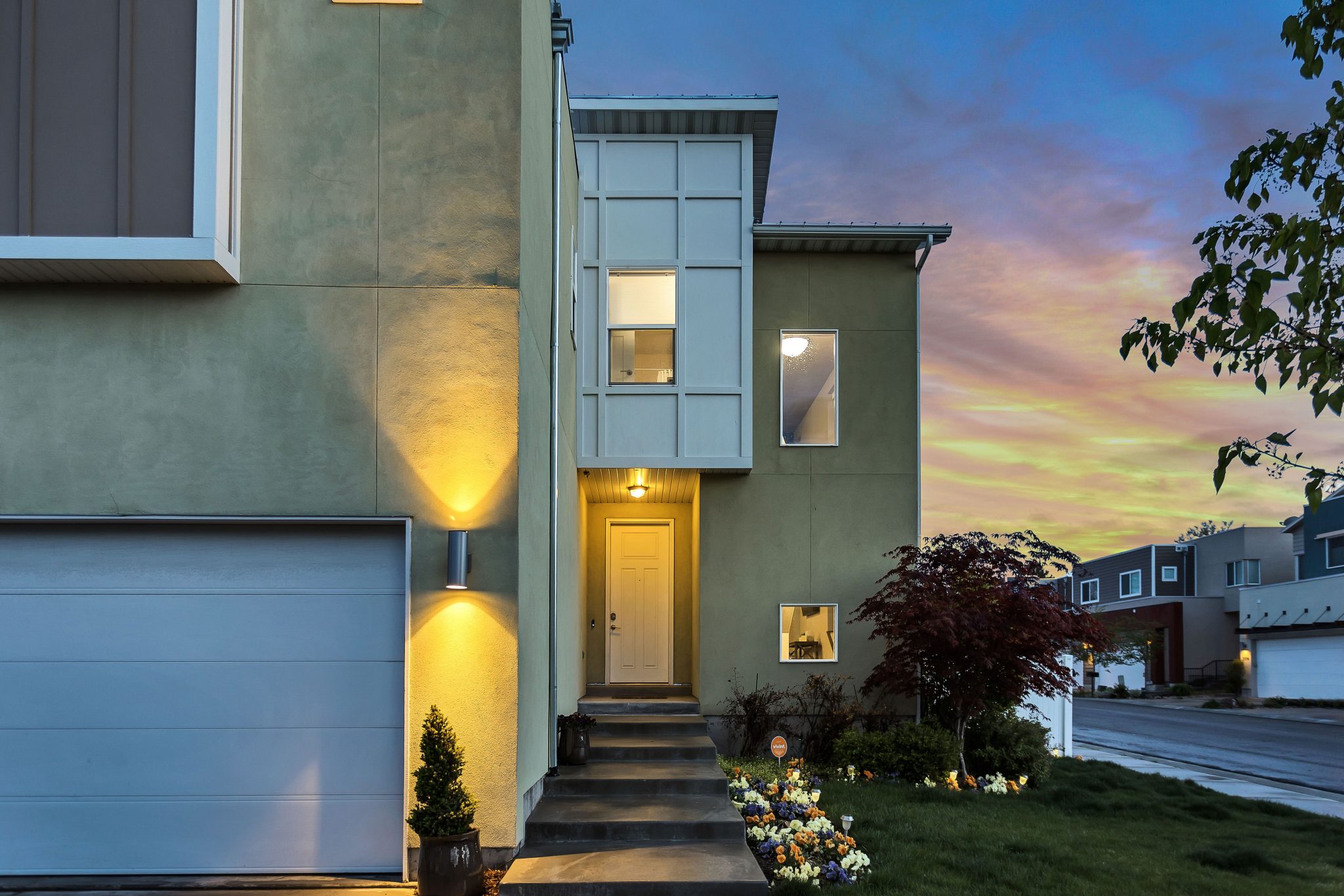The majority of Airbnb offers in almost every city worldwide are entire houses or apartments, not rooms with a “host”
According to a recent interview published in El País with the vice president of Public Policies of Airbnb, Chris Lehane, the platform is a sustainable tourist option because it allows “empty houses to be occupied by guests”. This statement is still true: most of the offers of Airbnb in almost all cities around the world, are whole houses or apartments, not rooms with a “host”, as the company has long claimed, according to an article from the Retina site.
From the point of view of housing, each permanent offer of entire houses and apartments is a lost residential housing unit, and an expelled family. The unsustainability of Airbnb as a tourist solution in dynamic and lively cities is obvious when reformulating Lehane’s statement: “Airbnb is emptying houses to offer accommodation to guests.”
The spokesman for Airbnb also said that “our platform is not responsible for the rise in the rental price in large European cities.” Days after the publication of the interview, a newspaper reported on the results of a study by the Institute of Economics of Barcelona, which revealed that the presence of Airbnb in the city has had a direct impact on the residential market.
Between 2012 and 2016, in the areas with the greatest presence of this platform, sales prices have increased by 19% and rental prices by 7%. The study coincides with numerous independent research conducted in cities around the world, which demonstrate the impact of Airbnb (and other short-term rental platforms) on access to housing and its availability. And all this in the middle of a housing crisis.
The most worrying aspect of this business model is the commercial nature of many of its so-called guests. Approximately 65% of the ads are operated by a guest who has rented more than one accommodation. These are real estate managers and investors who manage virtual hotels.
Airbnb obtains most of its income from these commercial operators, which, in general, are the first to be regulated when a city decides to prioritize housing over tourism, such as Paris or Amsterdam. Lehane, whose Policy department has a budget of $ 100 million for pressure and communications actions, earned the disaster master nickname for his management of several crises in the Clinton Administration.
As the reality of the Airbnb business model becomes clear, it is clear why they need a crisis manager like Lehane. In an attempt to protect most of his income, which is very likely to be reduced to zero by regulations, Lehane states: “Our spirit is to negotiate with all public administrations.” Why would Airbnb offer to negotiate?
Most cities said that negotiations with platforms like Airbnb had failed. After attempts at negotiation, the cities concluded, among others: “Negotiations cannot replace the legislative role of the city council”; “negotiations do not help” and “agreements […] must arise from regulatory obligations”. It is clear that cities are opting for regulation, and that is precisely what Airbnb fears.
When European cities establish a regulation, most of the time to protect access to housing and its availability, Airbnb uses local and EU courts to try to block it with the argument that it is a selfless digital platform, based in Ireland, where national and local laws do not apply. Paris is a good example of these practices: the city imposed a fine of 12.5 million euros on Airbnb for continuing to publish at least 12,500 unauthorized offers. The platform responded with a demand.
Airbnb is also pressing hard on the European Commission to include in the law its right to profit from the housing market in crisis. It is a fundamental struggle that represents the conflict between the ideology of the liberalization of the economy of the European Union against the sovereignty of cities to protect housing as a basic human right.
Meanwhile, the housing crisis continues. The negotiation, regulation, and law enforcement processes are slow, but the expulsion of residents and the increase in the price of housing, no. What can be done? Several European cities, included in the Sharing Cities Action network, have responded by collaborating and pressing the EU to recognize their right to decide their own destiny, to create effective local norms that limit the impact of tourism on residential communities.

